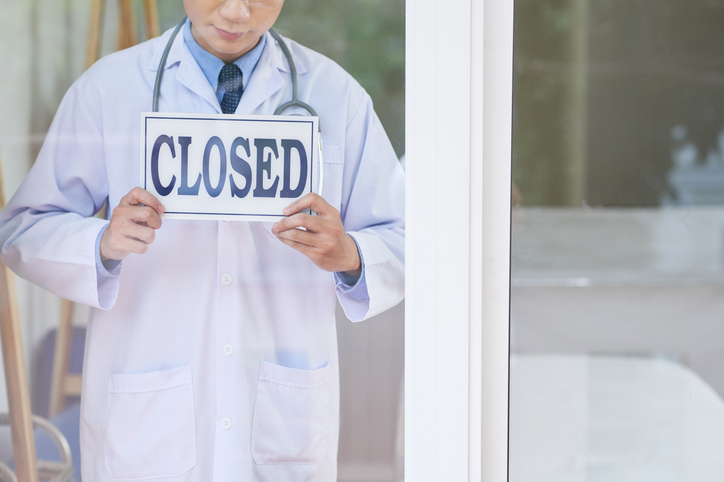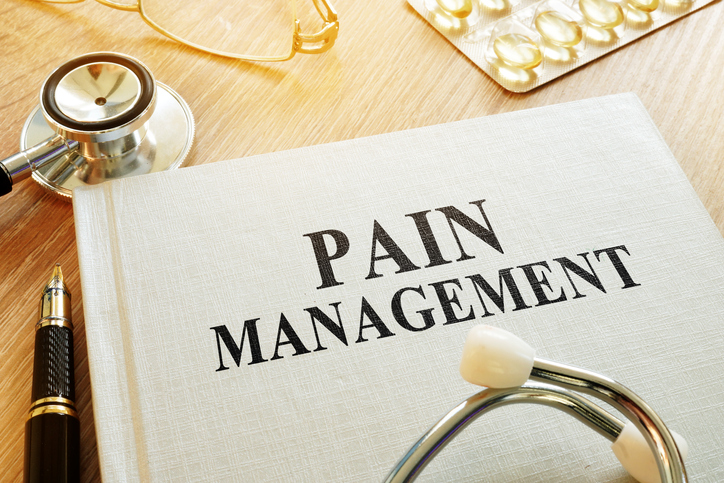Living with Chronic Pain
6 Tips to Prepare for Doctor Appointments

6 people found this helpful
Print
Share
Save
A little preparation can make a big impact on the success of a doctor's appointment. Preparing for the visit saves time, while allowing the appointment to be as beneficial as possible. Six ways to prepare for your doctor’s appointment include, but are not limited to, the following:
- Determine what is needed from the appointment. Whether the appointment is for a well visit, new concern, follow-up, etc., determine what you need from the appointment. This could include receiving test results, identifying a new treatment option, obtaining a referral to a specialist, discussing new symptoms, or finding at-home treatment options.
- List any questions or concerns. During an appointment, it is easy to forget a question or concern. Writing them down ahead of time, and going over the list during the appointment, helps keep the discussion focused. It can also help ensure your needs are met. Lists should be prioritized due to time constraints.
- Tell the doctor about any changes. If you have been treated at the emergency room or by a specialist, your doctor needs to know this information. Tell your doctor about any changes in medication, appetite, weight, energy, etc. Since family history is an important factor in many conditions, your doctor also needs to know of any new family diagnoses or changes. Writing this down on your list of questions and concerns can help ensure changes will not be forgotten.
- List all prescription and over-the-counter medications, herbs, vitamins, or supplements you take. Be sure your list includes the exact name, dosage, and how often taken. This information is essential for doctors to provide the best care, while preventing any medication interactions. Bringing a bag with all medications, vitamins, herbs and supplements in their original packaging is also an option.
- Take everything needed. Prior to leaving for your appointment, make sure you have your health insurance card, photo identification, and form of payment for any copays or other expenses. Including a pen and paper to take notes during the appointment is also helpful.
- Plan to arrive early. You should plan to arrive 15 to 20 minutes prior to your appointment time. This helps with unforeseen travel issues, allows for time to check in, and ensures you have time to fill out paperwork. Arriving late can increase stress and reduce the amount of quality time spent with the physician.

















